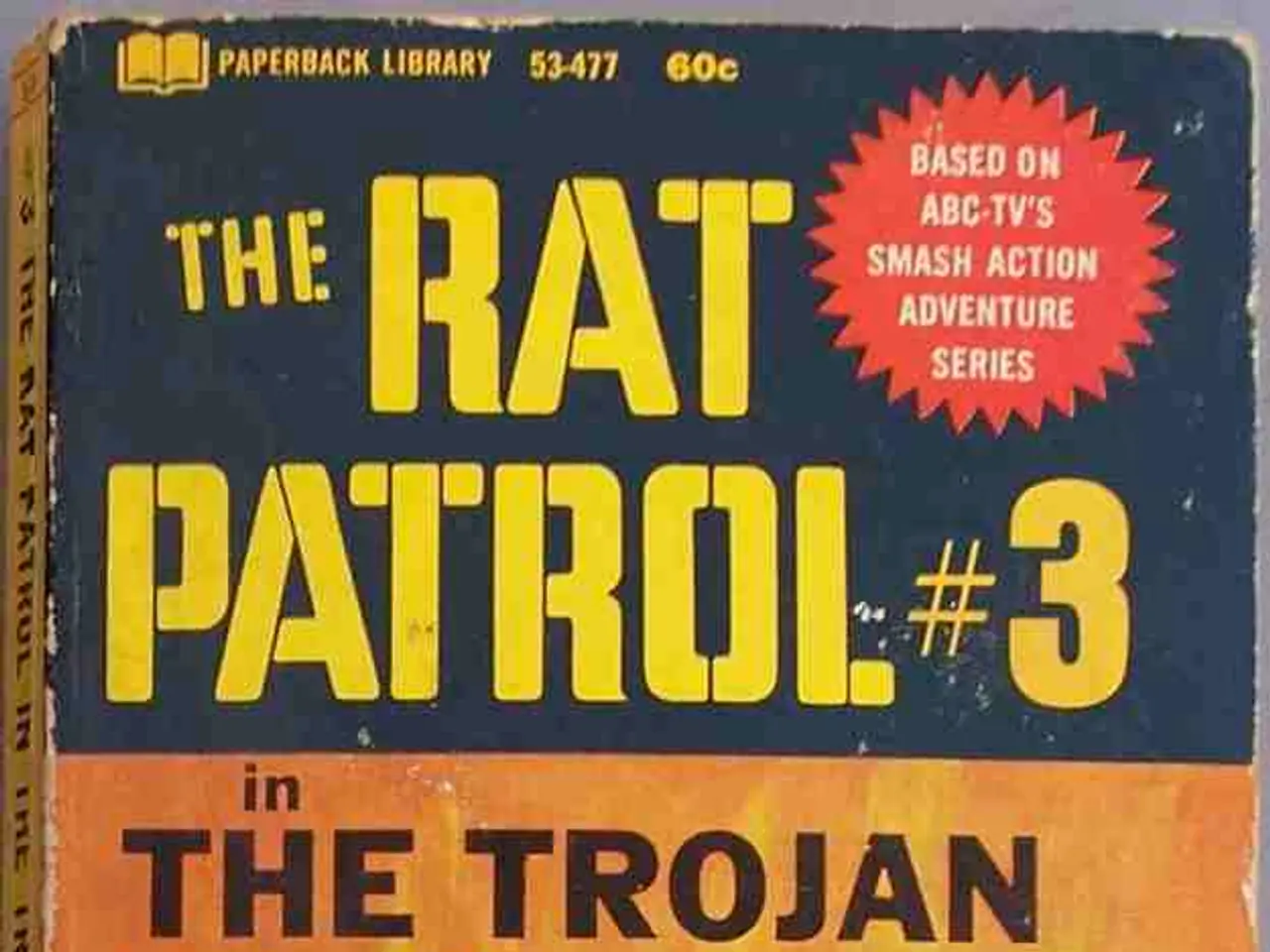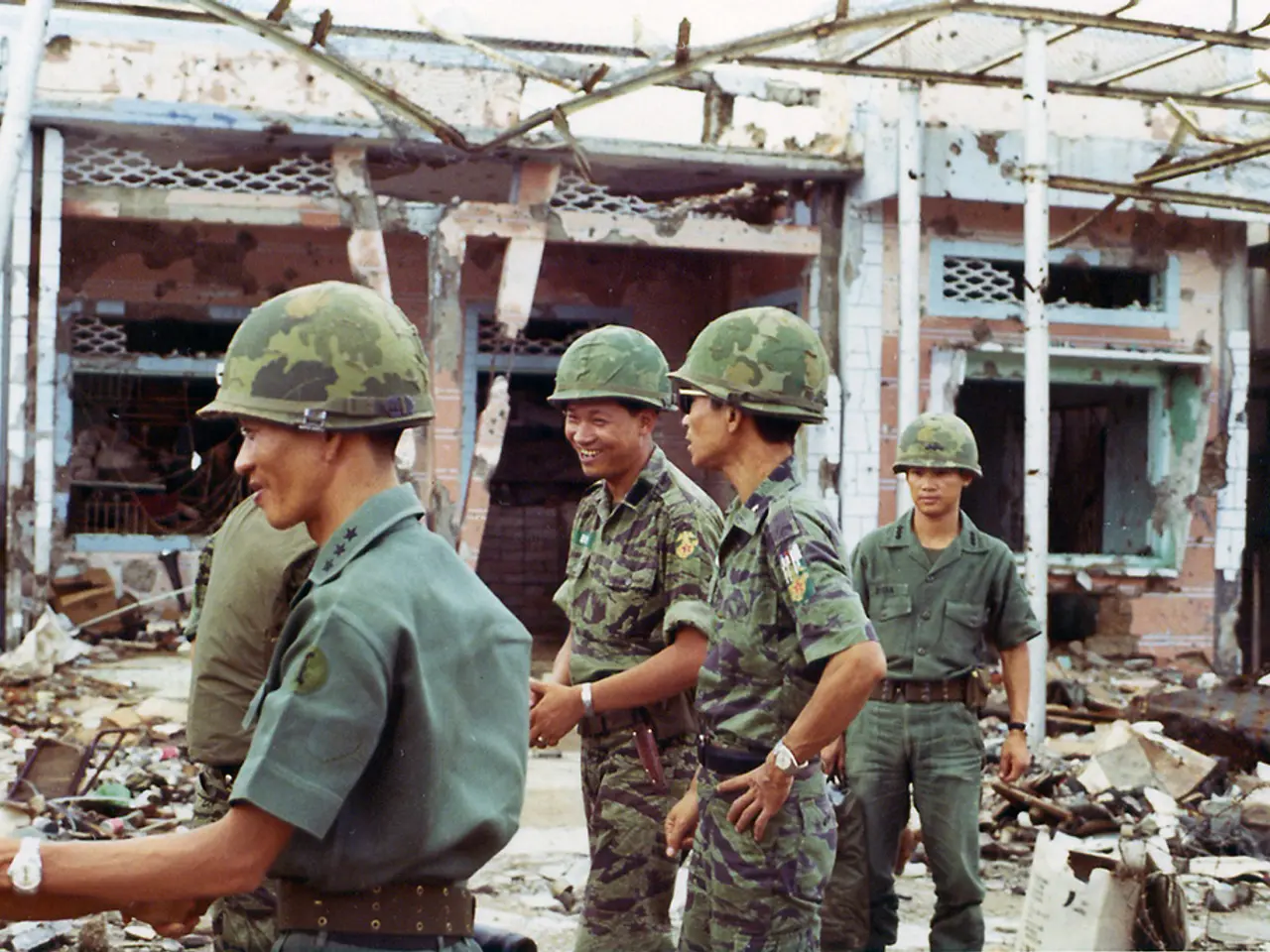United States White House trade adviser asserts that escalating trade tariffs towards India is a matter of 'national security' concern
In a move aimed at deterring countries from supporting Russia’s economy amid ongoing actions in Ukraine, the United States has imposed a 50% tariff on imports from India. This decision was announced earlier this week by White House trade adviser Peter Navarro, who described the trade environment with India as unfair due to high non-tariff barriers and India's status as the 'maharaja of tariffs' with its high tariffs on American products.
The tariffs, which are the highest currently imposed by the U.S., are a direct response to India's continued importation of Russian oil. Navarro stated that this support is indirectly threatening U.S. security interests, justifying the tariffs as a necessary measure. The policy is part of a broader strategy under an executive order signed by President Donald J. Trump in August 2025 to address the national emergency linked to Russia's government.
Navarro is a strong defender of Trump's protectionist measures and has been vocal about the need to align trade policy with geopolitical objectives. He has previously mentioned that the U.S. already has over 50% tariffs on China. However, when asked about new penalties for China, Navarro responded, "as the boss says, let's see what happens."
The tariffs on India are not the only action taken by the U.S. administration. The policy works alongside other trade and security measures and could be expanded to other countries deemed to be similarly supporting Russia’s oil sector. The U.S. administration, including the Secretaries of Commerce, State, and Treasury, monitors and may recommend further actions as required.
Navarro emphasized the mathematical relationship between economic security and national security, stating that every American needs to understand this connection. He also pointed out that the math of the tariffs does not work in favour of countries that support Russia's economy, a fact that President Trump is reportedly well-aware of.
The statement was published on August 8, 2025, and comes amidst ongoing international efforts to pressure Russia over Ukraine. The U.S. considers India's support for Russia's economy as undermining these efforts, and the tariffs aim to economically isolate Russia by penalizing countries that continue buying its oil.
[1] White House press release, August 8, 2025. [2] U.S. Department of Commerce statement, August 8, 2025.
- The U.S. tariffs imposed on India are part of a larger strategy aimed at deterring countries from supporting Russia's economy, particularly in the oil sector, as a response to Russia's actions in Ukraine.
- Navarro, the White House trade adviser, has stressed the mathematical relationship between economic security and national security, implying that countries supporting Russia's economy are negatively impacted by the tariffs.
- The tariffs are not the only action taken by the U.S. administration; they work alongside other trade and security measures and may be expanded to other countries deemed to be similarly supporting Russia’s oil sector.
- Navarro's stance on trade policy aligns with President Trump's protectionist measures, and he has previously mentioned that the U.S. already has over 50% tariffs on China, suggesting potential for further action.







